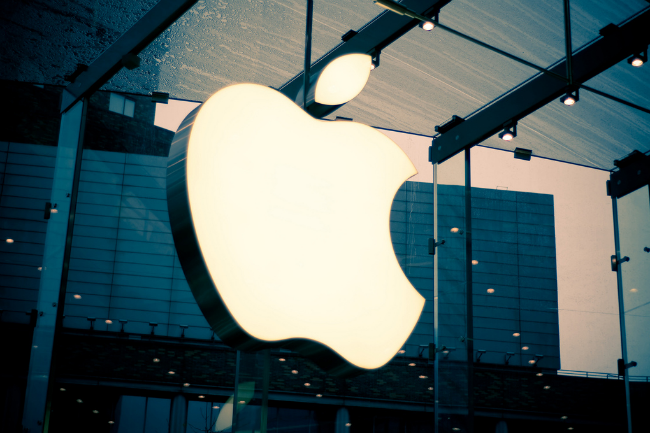
According to Gilstrap, the jurors in that case may have been confused by instructions on how to calculate royalties. This meshes well with Apple’s argument that the damages were too high due to jurors not being able to tell the difference between patented and unpatented features, leading them to improperly calculate the market value of Apple’s products.
Even so, however, Gilstrap pulled the bone a bit by ordering a retrial for September 14 to properly calculate the damages.
Smartflash, a Texas-based company whose business model seems to revolve around patent licensing and litigation, originally sued Apple in May 2013 for infringing patents for accessing and storing songs, videos, and games. In addition, the patents pertained to “data storage and managing access through payment systems.” Originally asking for $852 million in damages, the lawsuit also alleged that the patents’ co-creator and Smartflash’s co-founder, Patrick Racz, discussed the infringed patents with Augustin Farrugia, who would later become a senior director at Apple.
Ultimately, Smartflash ended up with a smaller award. Apple isn’t taking the loss sitting down, though, as the company is currently appealing the original decision. “Smartflash makes no products, has no employees, creates no jobs, has no U.S. presence, and is exploiting our patent system to seek royalties for technology Apple invented,” said a spokesperson in February.
Regardless, Smartflash sued Apple again over patent infringement, with Smartflash alleging Apple used several of its patents for the iPad Air 2, iPhone 6 Plus, iPhone 6, and iPad Mini 3 without asking for permission.
Apple isn’t the only company in Smartflash’s sights, as the company also sued Samsung, Google, and Amazon for patent infringement. Interestingly enough, all of these companies were sued in the federal court for the Eastern District of Texas, a district known to have been friendly toward patent holders before. For that reason, Google looks to move the case to California, while the retrial will take place in Tyler, Texas, where Smartflash is based and where Gilstrap ordered the retrial.


